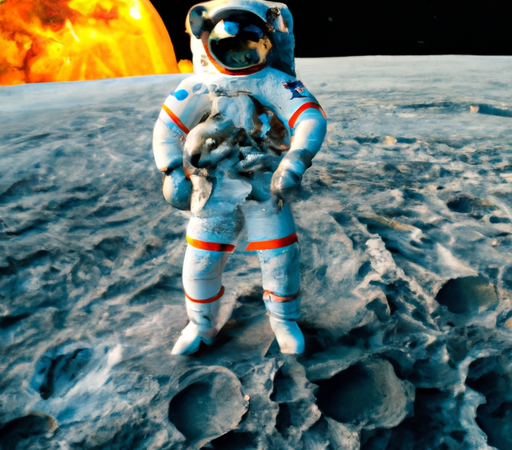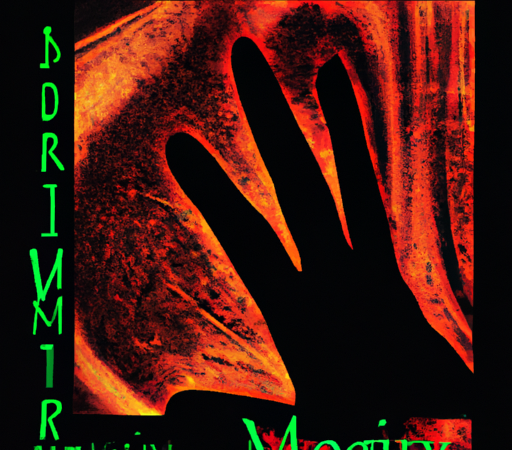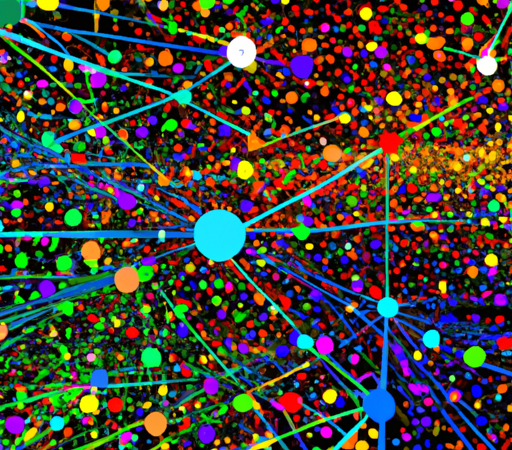The Discovery of Electricity: Electrifying the World and Revolutionizing Industry
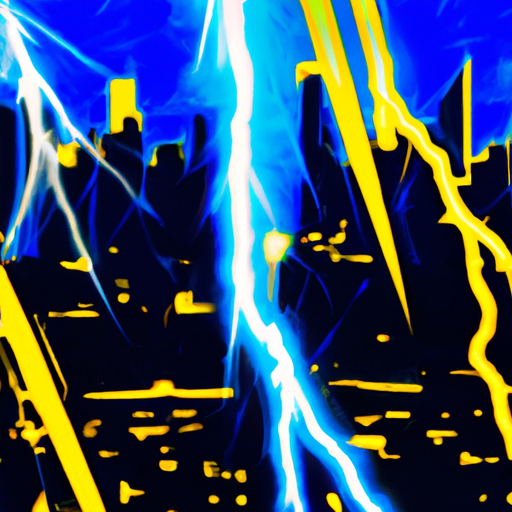
The Discovery of Electricity: Electrifying the World and Revolutionizing Industry
Electricity, a phenomenon that has become an indispensable part of our daily lives, was not always as ubiquitous as it is today. The discovery of electricity revolutionized the world and ushered in an era of technological advancements that continue to shape the way we live and work. From lighting up our homes to powering industries, electricity has become an integral part of modern civilization.
The journey of understanding and harnessing the power of electricity began thousands of years ago. Ancient civilizations, such as the Egyptians and the Greeks, were aware of static electricity, generated by rubbing certain materials together, like amber and fur. However, it was not until the 18th century that significant breakthroughs were made in the field of electricity.
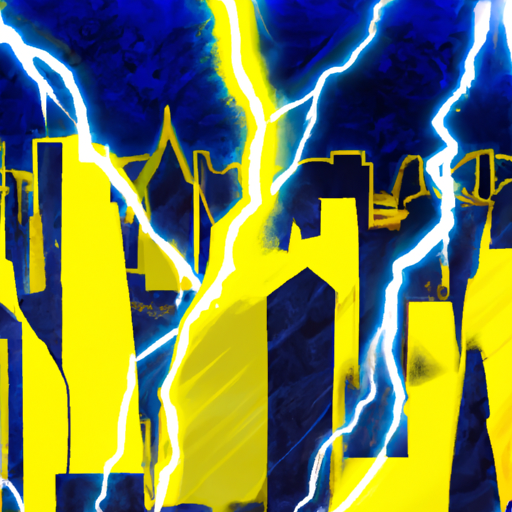
One of the key figures in the discovery of electricity was Benjamin Franklin. In 1752, he famously conducted the kite experiment, where he flew a kite with a metal key attached to it during a thunderstorm. Franklin observed that the key emitted sparks when he brought his hand near it, proving that lightning and electricity were related phenomena. This experiment laid the foundation for further research on electricity.
Another prominent scientist who contributed to the understanding of electricity was Alessandro Volta. In 1800, Volta invented the first battery, known as the Voltaic Pile. This pile, consisting of alternating layers of zinc and copper discs separated by cardboard soaked in saltwater, generated a continuous flow of electrical current. Volta's invention marked the first practical means of producing a steady and continuous flow of electricity.
One of the most pivotal moments in the discovery of electricity was the invention of the electric motor by Michael Faraday in the early 19th century. Faraday's invention demonstrated the conversion of electricity into mechanical energy, making it possible to power machinery and revolutionize industry. His groundbreaking work on electromagnetic induction paved the way for the modern electrical power industry.
The late 19th and early 20th centuries witnessed a surge in innovation and developments in electrical technology. Thomas Edison, one of the greatest inventors in history, made significant contributions to the practical application of electricity. Edison's most famous invention was the incandescent light bulb, which provided a reliable and sustainable source of artificial light. This invention not only transformed the way we illuminate our homes but also revolutionized industries such as manufacturing, transportation, and communication.
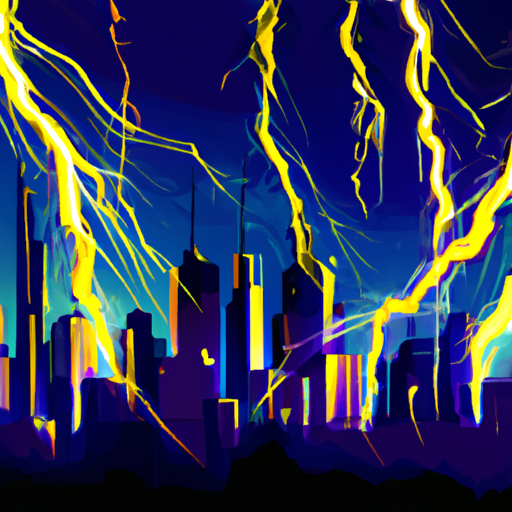
The discovery of electricity had a profound impact on industry and paved the way for the Industrial Revolution. Prior to electricity, factories and workshops relied on manual labor or steam engines for power. With the advent of electricity, factories became more efficient, allowing for mass production and the creation of assembly lines. Electric motors and power grids made it possible to power machinery in factories, resulting in higher productivity and the growth of industries worldwide.
In addition to industry, the discovery of electricity transformed our daily lives. Electric appliances, such as refrigerators, washing machines, and televisions, made household chores more convenient and efficient. The introduction of electric streetlights enhanced safety and security in cities, while electric transportation, such as electric trains and trams, revolutionized the way people traveled.
Today, electricity is an essential part of our lives. From charging our smartphones to powering our homes and offices, we rely on electricity for almost everything. The discovery of electricity and the subsequent advancements in electrical technology have propelled us into an era of innovation and progress. Our world is more connected, efficient, and environmentally friendly thanks to the discovery of this remarkable phenomenon.
In conclusion, the discovery of electricity and its subsequent applications have transformed the world and revolutionized various industries. From humble beginnings with the kite experiment of Benjamin Franklin to the groundbreaking work of scientists like Faraday and Edison, electricity has become an integral part of modern civilization. It has provided us with power, convenience, and unprecedented opportunities for progress. The discovery of electricity will forever be remembered as one of the most significant achievements in human history.



